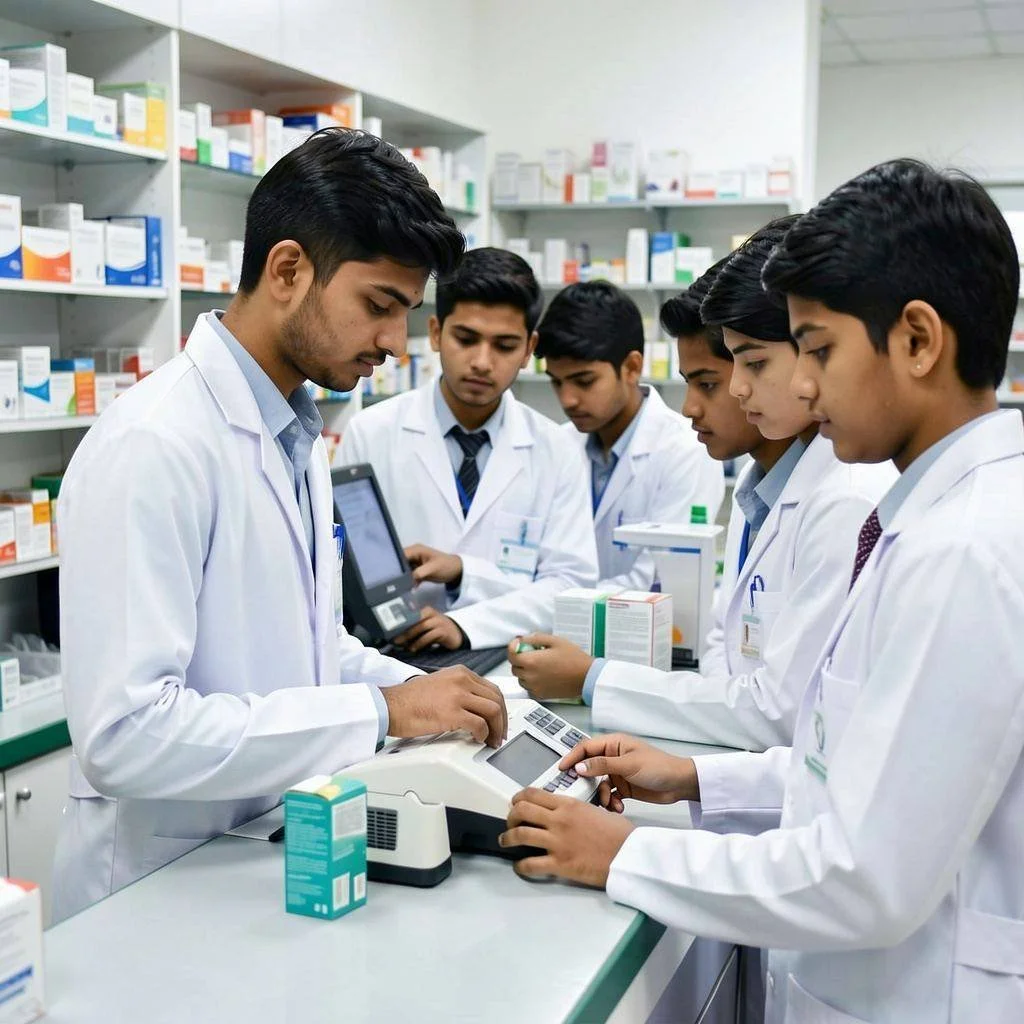Pharmacy's Future in 2023: Schools & Careers.
The pharmaceutical sector is at the front of technological and scientific progress, rapidly adjusting to new developments. These rapid shifts profoundly affect the future of pharmacy education and careers. Pharmacy technicians and doctors of pharmacy will need to learn new skills and obtain new information as automation changes the way medications are dispensed and personalized care becomes popular.
The expectations placed on pharmacy graduates are also changing due to factors such as the growing importance of interdisciplinary collaboration, the popularity of digital health and telepharmacy, and the pharmacist's increasingly broadened scope of practice. This article delves into the most recent developments in the pharmaceutical sector and examines how those developments are changing pharmacy programs and the job market in 2023.
Automation And Technological Progress
The pharmaceutical sector has seen widespread changes due to the rapid development of technology. In recent years, automation has grown increasingly commonplace, especially in pharmacies. Robotics and automated dispensing systems are helping to standardize and streamline the administration of medications. Therefore, pharmacy schools have a greater focus on teaching students how to use and operate these complex machines. Technological literacy and comfort with automated systems are now essential for pharmacy professionals.
Pharmacists' Increasing Influence
A modern pharmacist's duties extend beyond the simple administration of drugs and provision of advice. Medication treatment management, vaccines, and chronic illness management are just a few new obligations placed on pharmacists in 2023. Because of this development, pharmacy programs emphasize clinical experience and patient care in their curricula. Student pharmacists today receive the education they need to offer all-encompassing pharmaceutical treatment, including instruction in patient assessment, medication monitoring, and team-based care.
Pharmacogenomics And Individualized Treatment
The concept of personalized medicine, in which each patient's care depends on their unique genetic profile, has been gaining popularity in recent years. Pharmacogenomics investigates how genetic data can help improve treatment outcomes. Pharmacogenomics courses are increasingly incorporated into pharmacy curricula to equip future pharmacists better to understand and apply genetic data in pharmaceutical recommendations. As more hospitals and clinics realize the value of tailored care, they will likely increase their need for pharmacists specializing in personalized medicine.
Telemedicine And Electronic Health Records
The rise of digital health has entirely transformed patient care and availability. In particular, telepharmacy has become an attractive choice for medication reviews and other remote patient consultations. Telepharmacy allows pharmacists to serve underprivileged areas, expanding patient access to care and specialized knowledge of medications. Telepharmacy and telehealth technology training is increasingly incorporated into pharmacy curricula in response to these developments. Many employers are looking for recent graduates with experience in digital health and telepharmacy.
Enhanced Interdepartmental Cooperation And Multidisciplinary Strategies
Teamwork and communication across specialties are more critical than ever in today's healthcare system. Improved communication and teamwork among medical professionals are becoming focal points in pharmacy curricula. Pharmacists increasingly participate in interdisciplinary teams, collaborating with physicians, nurses, and other healthcare professionals to offer patients individualized care. Because of this shift, Pharmacy professionals skilled at working in teams will have tremendous success in the job market.
Conclusion
Technological developments and shifting healthcare perspectives have ushered in profound change for the pharmaceutical business. The future of pharmacy schooling and careers is changing due to these factors in 2023. Pharmacy programs incorporating the abovementioned elements into their curriculum provide their graduates a leg up in an increasingly competitive field. Pharmacists who keep up with the newest developments and are open to new ideas will be able to meet the rising demand for their services.
The changing conditions bring both difficulties and prospects. Pharmacists must recognize, accept, and thrive in their evolving role within the healthcare system. Pharmacy programs and practitioners that embrace these shifts will help to serve patients better and advance the profession.















